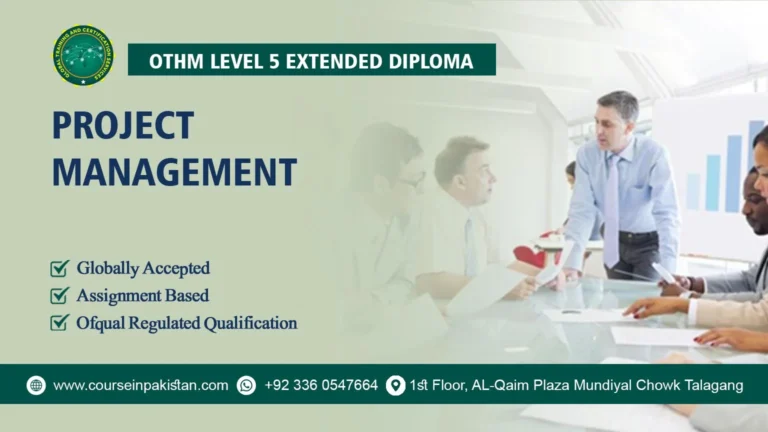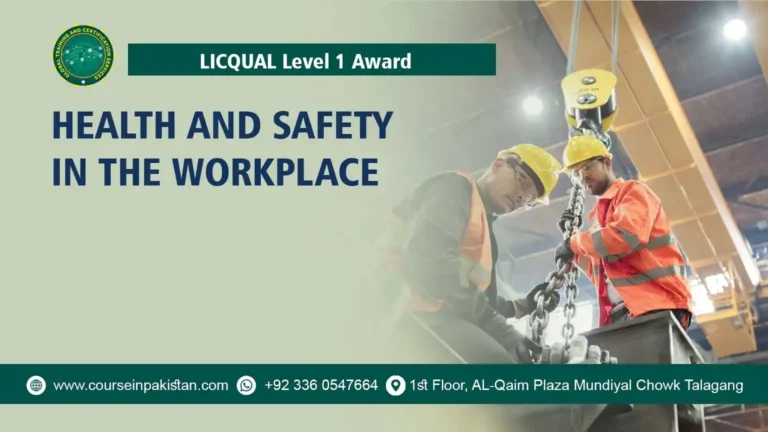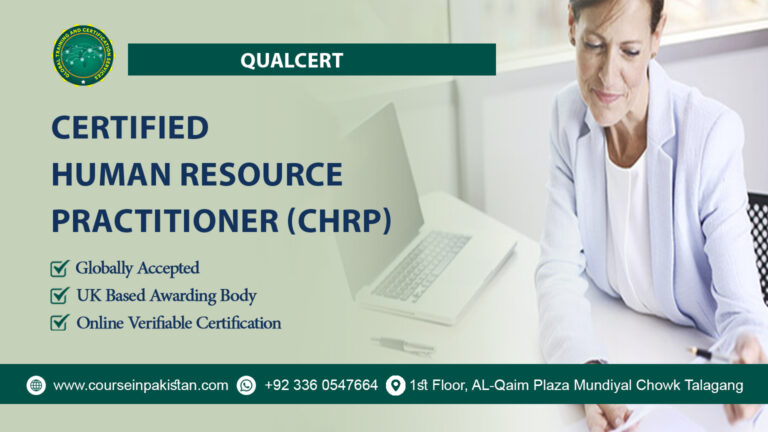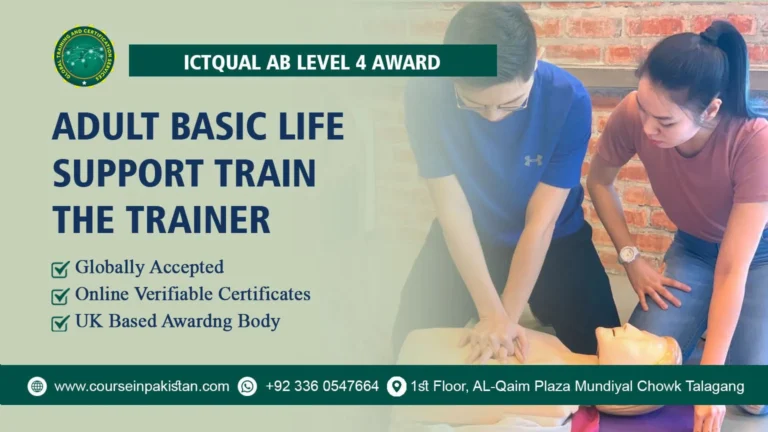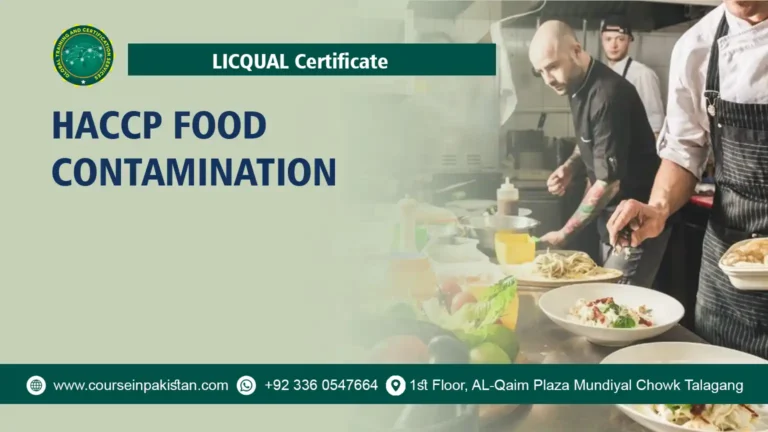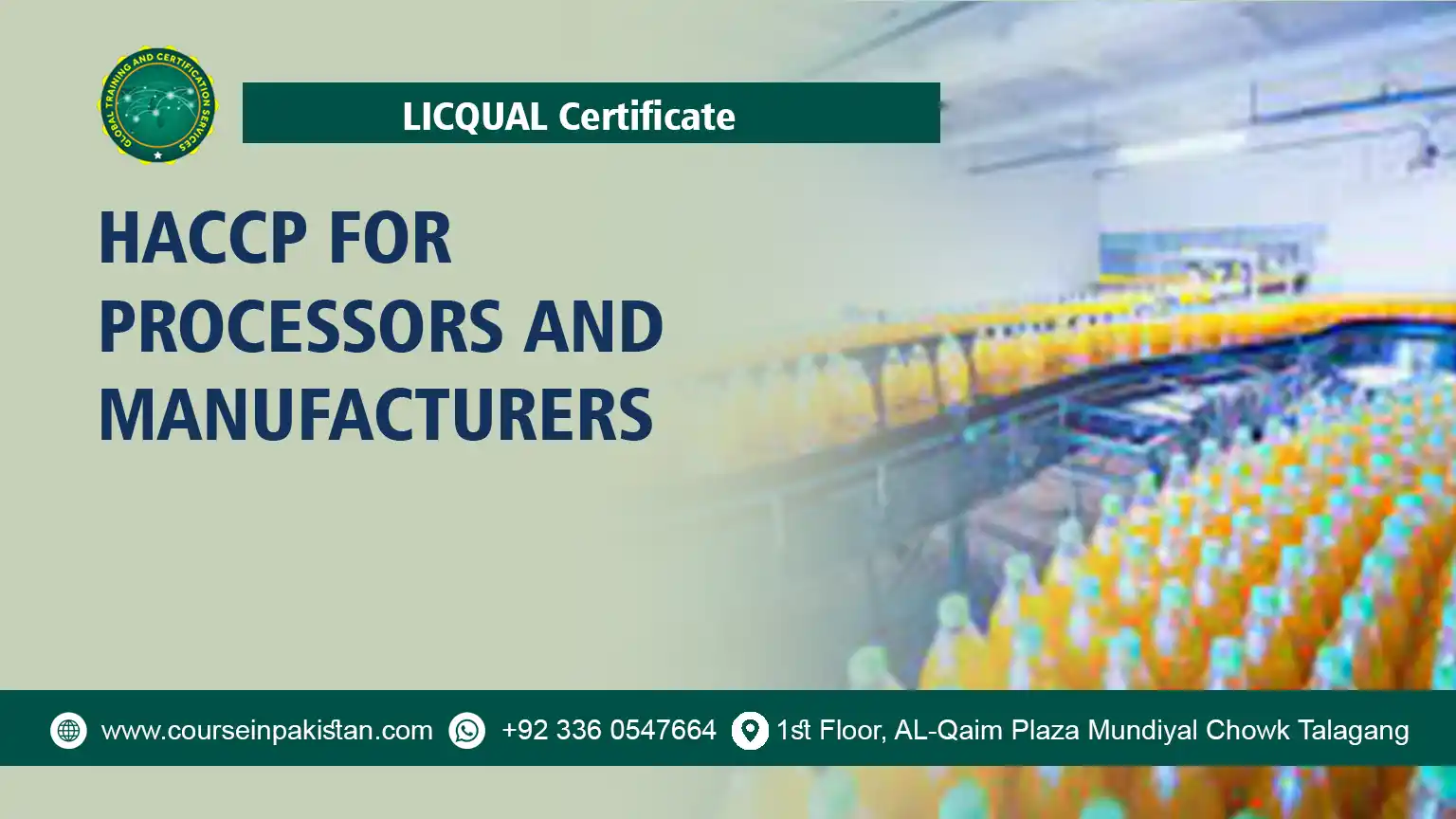
Certificate in HACCP for Processors and Manufacturers
In the realm of food processing and manufacturing, adherence to stringent food safety standards is non-negotiable. The Certificate in HACCP for Processors and Manufacturers is designed to equip professionals with the knowledge and skills necessary to implement Hazard Analysis and Critical Control Points (HACCP) principles effectively. This specialized training program focuses on mitigating food safety hazards at every stage of production, ensuring compliance with regulatory requirements, and maintaining high standards of product quality.
Course Introduction
The Certificate in HACCP for Processors and Manufacturers addresses the critical need for robust food safety management systems in processing and manufacturing environments. It emphasizes proactive approaches to identify, assess, and control potential hazards, thereby safeguarding consumer health and enhancing organizational reputation.
Course Overview
This comprehensive course provides participants with a deep understanding of HACCP principles tailored specifically for food processors and manufacturers. It covers essential topics such as hazard analysis, establishing critical control points, implementing control measures, monitoring procedures, corrective actions, and documentation requirements. Through practical insights and case studies, participants learn to apply HACCP principles effectively to ensure the safety and quality of food products.
Course Benefits
- Enhanced Food Safety: Acquire expertise in identifying and managing food safety hazards throughout the production process.
- Compliance Assurance: Understand and comply with regulatory standards and guidelines relevant to food processing and manufacturing.
- Risk Mitigation: Implement preventive measures to minimize risks of contamination, spoilage, and foodborne illnesses.
- Operational Efficiency: Streamline production processes and improve overall efficiency by integrating HACCP principles into daily operations.
Course Study Units
- Introduction to HACCP: Principles and Concepts
- Hazards Identification and Risk Assessment in Food Processing
- Developing a HACCP Plan: Critical Control Points (CCPs) and Monitoring
- Implementing HACCP: Procedures and Documentation
- Verification and Validation of HACCP Plans
- HACCP Auditing and Compliance]
- Case Studies and Practical Applications
Learning Outcomes
Introduction to HACCP: Principles and Concepts:
- Understand the fundamental principles of Hazard Analysis and Critical Control Points (HACCP) and their importance in food safety management.
- Recognize the benefits of implementing HACCP systems to prevent foodborne hazards and ensure consumer safety.
- Explain the seven principles of HACCP and their application in identifying, assessing, and controlling food safety risks.
Hazards Identification and Risk Assessment in Food Processing:
- Identify potential food safety hazards in food processing, including biological, chemical, and physical hazards.
- Conduct comprehensive risk assessments to evaluate the likelihood and severity of identified hazards.
- Prioritize hazards based on their impact on food safety and public health, considering the specific context of food processing operations.
Developing a HACCP Plan: Critical Control Points (CCPs) and Monitoring:
- Develop a HACCP plan tailored to food processing operations, including the identification of critical control points (CCPs).
- Establish critical limits and monitoring procedures for each CCP to ensure hazards are controlled effectively.
- Outline procedures for corrective actions to address deviations from critical limits and prevent food safety incidents.
Implementing HACCP: Procedures and Documentation:
- Implement HACCP procedures to monitor and verify the effectiveness of control measures at critical control points.
- Document HACCP activities, including monitoring results, corrective actions, and verification procedures.
- Ensure compliance with regulatory requirements and industry standards through accurate and comprehensive documentation.
Verification and Validation of HACCP Plans:
- Verify the effectiveness of HACCP plans through regular reviews, audits, and inspections.
- Validate HACCP plans to ensure they are scientifically sound and capable of controlling identified hazards.
- Develop strategies for continuous improvement based on verification and validation findings to enhance food safety outcomes.
HACCP Auditing and Compliance:
- Conduct HACCP audits to assess the implementation and effectiveness of HACCP systems in food processing.
- Ensure compliance with HACCP principles, regulatory requirements, and industry standards during audits.
- Evaluate corrective actions and follow-up measures to address non-conformities identified during HACCP audits.
Case Studies and Practical Applications:
- Analyze real-world case studies to understand the application of HACCP principles in different food processing scenarios.
- Apply HACCP concepts to solve practical challenges and improve food safety practices in food processing operations.
- Discuss best practices and lessons learned from successful HACCP implementations to inform decision-making and continuous improvement efforts.
These learning outcomes equip participants with the knowledge and skills necessary to effectively implement and manage HACCP principles in food processing operations. By focusing on understanding HACCP principles, identifying and assessing food safety hazards, developing robust HACCP plans, implementing procedures and documentation, verifying and validating HACCP systems, conducting audits, and applying lessons from case studies, this course ensures that food processing facilities maintain high standards of food safety and compliance with regulatory requirements.
Who is This Course For?
The Certificate in HACCP for Processors and Manufacturers is suitable for:
- Food processing managers and supervisors responsible for ensuring food safety and quality assurance.
- Quality assurance professionals and food safety coordinators in manufacturing facilities.
- Regulatory compliance officers and consultants involved in assessing and implementing food safety standards.
Future Progression for This Course
Completion of the certificate opens pathways for further specialization and career advancement:
- Advanced HACCP Training: Courses focusing on specific aspects of food safety management, such as allergen control, microbial hazards, or supply chain management.
- Certified HACCP Auditor: Certification for professionals interested in auditing HACCP systems and ensuring compliance with global standards.
- Leadership Roles: Opportunities for senior management positions in food safety management, regulatory affairs, and quality assurance within the food processing and manufacturing sectors.
Certificate in HACCP for Processors and Manufacturers is essential for professionals dedicated to ensuring the safety, quality, and compliance of food products in processing and manufacturing settings. It equips participants with the knowledge and skills necessary to implement effective food safety management systems based on HACCP principles, thereby enhancing organizational resilience and maintaining consumer trust in a competitive market environment.

